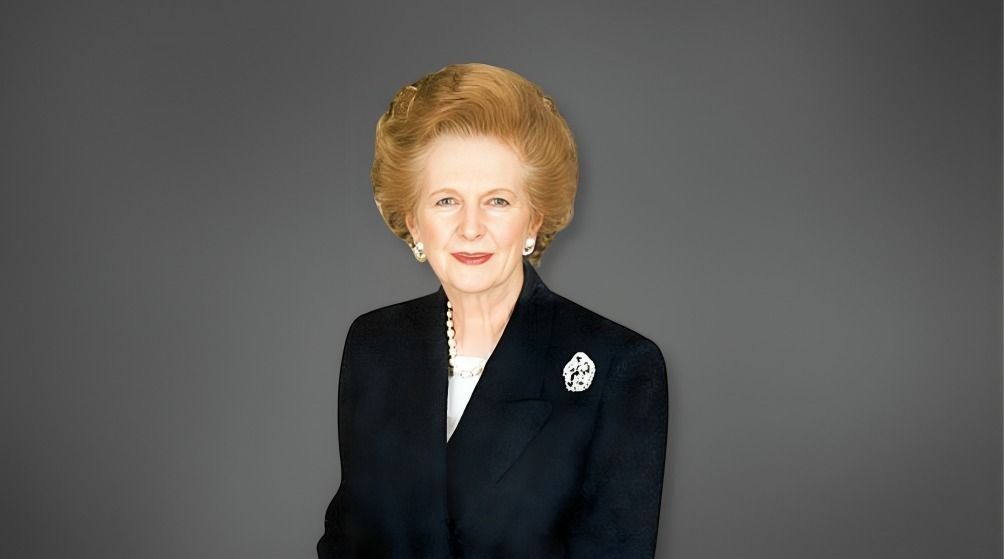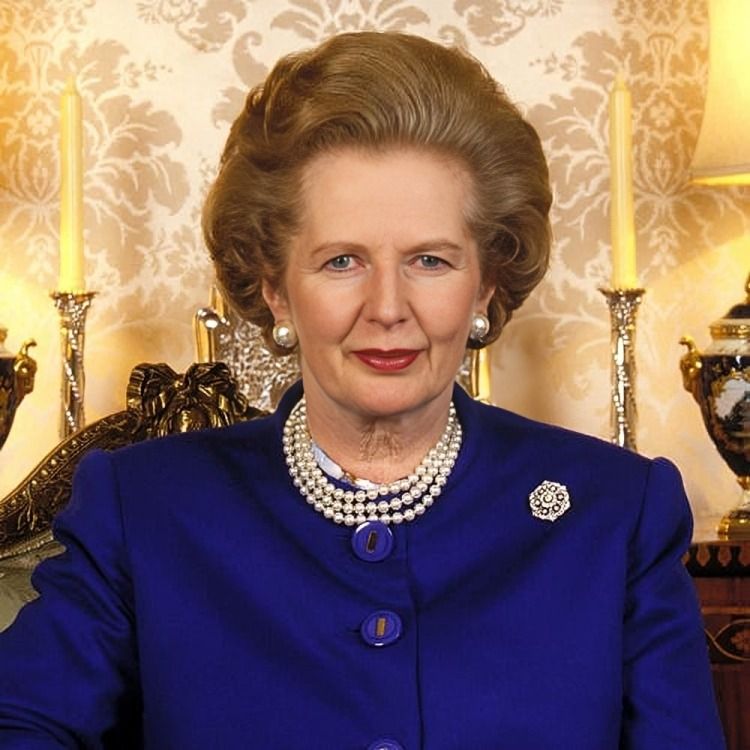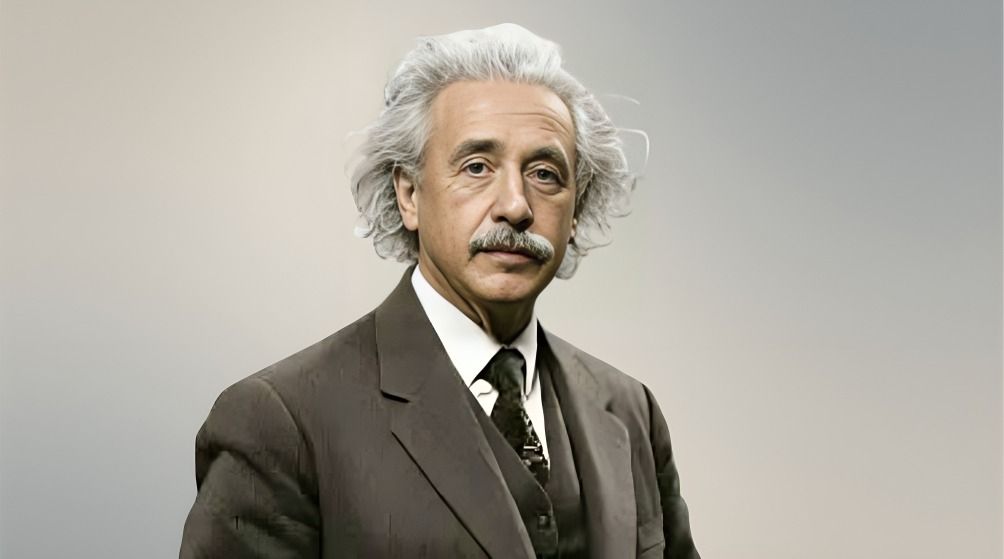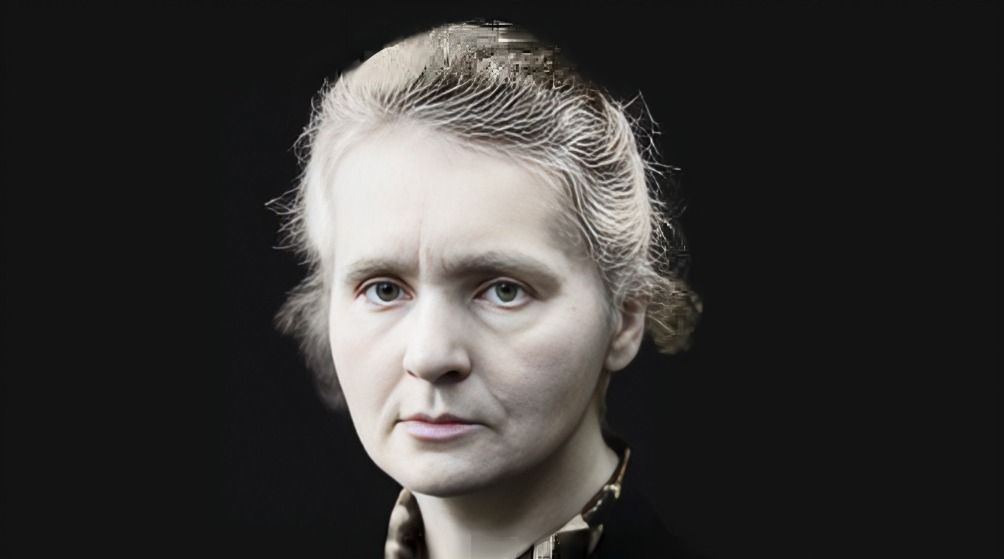
“
Margaret Thatcher was one of the most influential and controversial figures in modern politics. As the first female Prime Minister of the UK, her leadership defined an era. In this blog, we’ll explore 20 interesting facts about her, from her rise in politics to her bold decisions as Prime Minister. Known for her strong conservative values and economic reforms, she earned the nickname "The Iron Lady" for her unwavering resolve. Thatcher’s policies transformed Britain and sparked debates that still resonate today. Join us as we uncover how she shaped the UK's future.1
”
Margaret Thatcher was the first woman to serve as Prime Minister of the United Kingdom, holding office from 1979 to 1990. Her leadership reshaped the British political landscape, leaving a lasting impact.1
Known as the "Iron Lady," Thatcher earned this nickname from a Soviet newspaper due to her unwavering policies during the Cold War, which made her a tough, uncompromising figure.2
Before entering politics, Thatcher was trained as a chemist, earning a degree in chemistry from Oxford University. She was also president of the Oxford University Conservative Association during her studies.3
Thatcher served as the longest-serving British prime minister of the 20th century, holding office for an impressive 11 years. She became the first woman to lead a major European country.4
As Prime Minister, Thatcher implemented sweeping free-market reforms, including the privatization of state-owned industries and reducing the power of trade unions, radically transforming Britain’s economy during her tenure.5

Thatcher was a fierce opponent of the Soviet Union and communism during the Cold War, aligning closely with U.S. President Ronald Reagan to promote military strength and combat Soviet expansion.
She made history as the only British prime minister to serve three consecutive terms. Her political resilience and ability to connect with voters solidified her influence on national and international policies.6
In 1982, Thatcher led Britain to victory in the Falklands War against Argentina. This military success significantly boosted her popularity and reinforced her status as a strong, determined leader.7
Thatcher's policies, especially in privatization and free markets, were controversial but deeply influential in shaping conservative thought, especially regarding the role of the state in business and personal responsibility.8
Thatcher championed individual freedom and responsibility, advocating for less government intervention, self-sufficiency, and empowering people to succeed independently without relying on the state.9
In 1959, Thatcher was elected as the Member of Parliament for the Finchley constituency, a position she held for over 30 years, becoming one of the most influential figures in British politics.10

Known for her decisiveness, Thatcher’s handling of the miners' strike in the 1980s showcased her ability to take strong action, even if it meant conflict with powerful groups like the unions.
Thatcher’s leadership style was often described as authoritarian. She made decisions on her own, rarely consulting her Cabinet or party members, and always remained firm in her views and policy choices.11
A powerful orator, Thatcher captivated audiences with her speeches, renowned for their strength, clarity, and conviction. Her ability to communicate directly and inspire people became a defining feature of her leadership.12
Thatcher was deeply committed to the UK's role in Europe. She played a significant role in securing Britain’s membership in the European Economic Community and argued passionately for Britain’s place within Europe.13
Thatcher broke barriers as a female leader, proving that women could lead nations. Although her policies were often criticized for ignoring social welfare, she made strides in addressing gender inequality in leadership.14
Thatcher's economic philosophy, "Thatcherism," focused on controlling inflation, cutting government spending, and reducing taxes. It became globally influential, especially in conservative economic circles.15

A staunch believer in individualism, Thatcher famously said, "There is no such thing as society." She emphasized that individuals and families, not the state, should bear the responsibility for social and economic issues.
Throughout her career, Thatcher survived multiple assassination attempts. The most notable was an IRA bombing in 1984 during the Conservative Party Conference in Brighton, where she narrowly escaped injury.16
Even after stepping down as Prime Minister in 1990, Thatcher remained a prominent political figure. She continued to write, speak, and influence global politics with her views on governance and the economy.17


